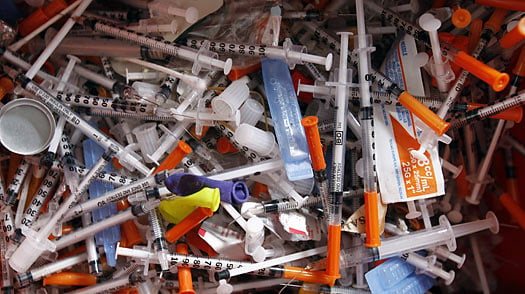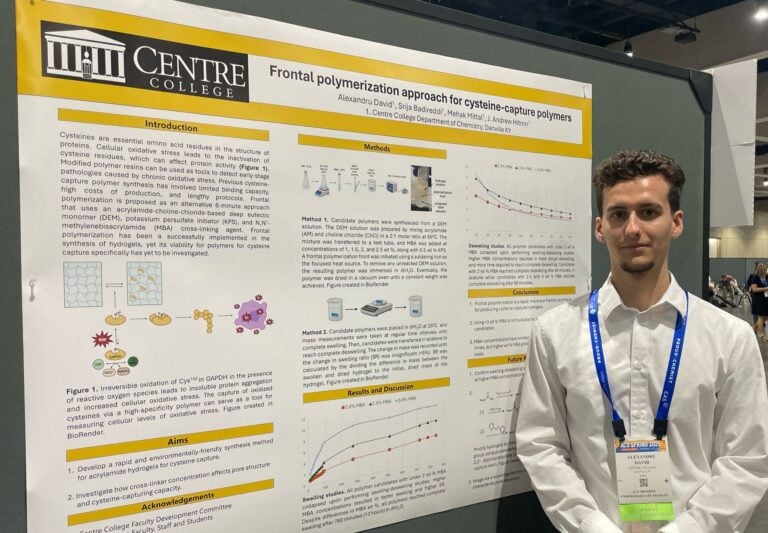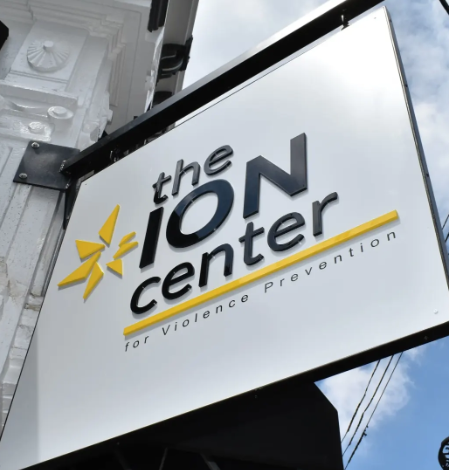
Before you make up your mind about the proposed syringe access exchange program (aka needle exchange), you need to first understand where we are:
We are one of the worst places in the country for hepatitis C.
According to the Northern Kentucky Health Department, in 2014, Northern Kentucky had a hepatitis C case rate of 10.9 per 100,000 population, compared to 2.68 per 100,000 in Kentucky and 0.55 per 100,000 nationwide. That’s over four times the statewide average and almost 20 times the national average!
The problem is getting worse. In 2015, our region saw hepatitis C increase by 27 percent from the previous year.
Health officials are convinced the unusually high rate of hepatitis C is due to needle sharing. A survey of local individuals who use IV drugs, conducted by the Health Department last summer, found that more than 85 percent have shared a needle on at least one occasion, and 40 percent share regularly.
Why should you care?
According to the Center for Disease Control and Prevention, clusters of acute hepatitis C could be early warning signs that the community is ripe for an HIV outbreak.
That thought terrifies our local health officials.
“I don’t want to see what happened in Indiana happen here,” said Dr. Mike Kalfas, who treats individuals recovering from heroin abuse, during an impassioned plea for syringe exchange Wednesday night at a marathon meeting of the Campbell County Fiscal Court.
He was referring to what happened in Scott County, Ind., last spring. Do an internet search on “HIV Indiana” and you’ll quickly find it.
Scott County also had an epidemic of hepatitis C. Unfortunately for them, it turned into an HIV epidemic. A county that had previously reported fewer than five cases of HIV per year, saw a spike of 30 that quickly grew to nearly 200. After the outbreak, Scott became the first county in Indiana to have a syringe access exchange program. They wish they had one three years ago.
You don’t have to go far to find other examples.
Drive up to Portsmouth, Ohio, and talk to their health officials. After they implemented a syringe exchange program, they saw a 40 percent drop in hepatitis C.
What is the cost of doing nothing?
To treat one case hepatitis C costs around $80,000. A single case of HIV costs $600,000.
That’s just health care costs. That doesn’t include the impact on businesses (employees who are infected may be unable to work), government agencies, jails and the overall economy. The fact that many can’t afford the treatment means the rest of us pay the bill through increased Medicaid costs.

And a major outbreak of HIV would not only hurt our collective health, it would also devastate our economy.
As Garren Colvin, the CEO of St. Elizabeth put it, “Want to move your family or business to a community with an HIV epidemic?”
Another benefit of syringe access exchange programs is that they remove contaminated needles for the community — protecting our police officers, fire/EMS and families from accidental needlesticks.
In Baltimore, after a syringe exchange program was implemented, the number of inappropriately discarded syringes decreased by almost 50%.
In Portland, the number of discarded syringes decreased by almost two-thirds after the syringe exchange program opened.
Because the data is so overwhelmingly in favor of a syringe access exchange program, the people and organizations in support are varied and well respected. They include the Health Department, St. Elizabeth Healthcare, the CDC, the American Medical Association, the U.S. Conference of Mayors, NKY Hates Heroin, and the Northern Kentucky Chamber of Commerce, just to name a few.
They all understand a syringe access exchange program isn’t going to solve our drug problem. But it will improve our health, and it will give health care workers the opportunity for regular interaction with individuals who inject drugs which could, in time, lead them to treatment.
Dr. Lynne Saddler, District Director of Health for the Health Department, told me, “The syringe access exchange program is by no means the solution to the heroin epidemic in our community; however, it is an important tool to reduce the impact of heroin use by stopping the spread of infectious disease. Implementing other aspects of the regional heroin response plan, such as reducing supply of drugs and improving access to treatment, is key.”
I’m hoping you will join with other responsible voices in our community and stand in support of a syringe access exchange program. Contact elected leaders and tell them, “It’s not about helping those with addiction do something illegal. It is about saving lives, reducing risk of infectious disease transmission, saving our tax dollars, and improving our collective health.”
Brent Cooper is president of C-Forward, based in Covington.


















It is delusional to support a syringe access exchange program. Remember: Drug users aren’t victims — they are criminals. Our Community must NOT provide drug users with paraphernalia to commit their crimes. We should never reward bad behavior.